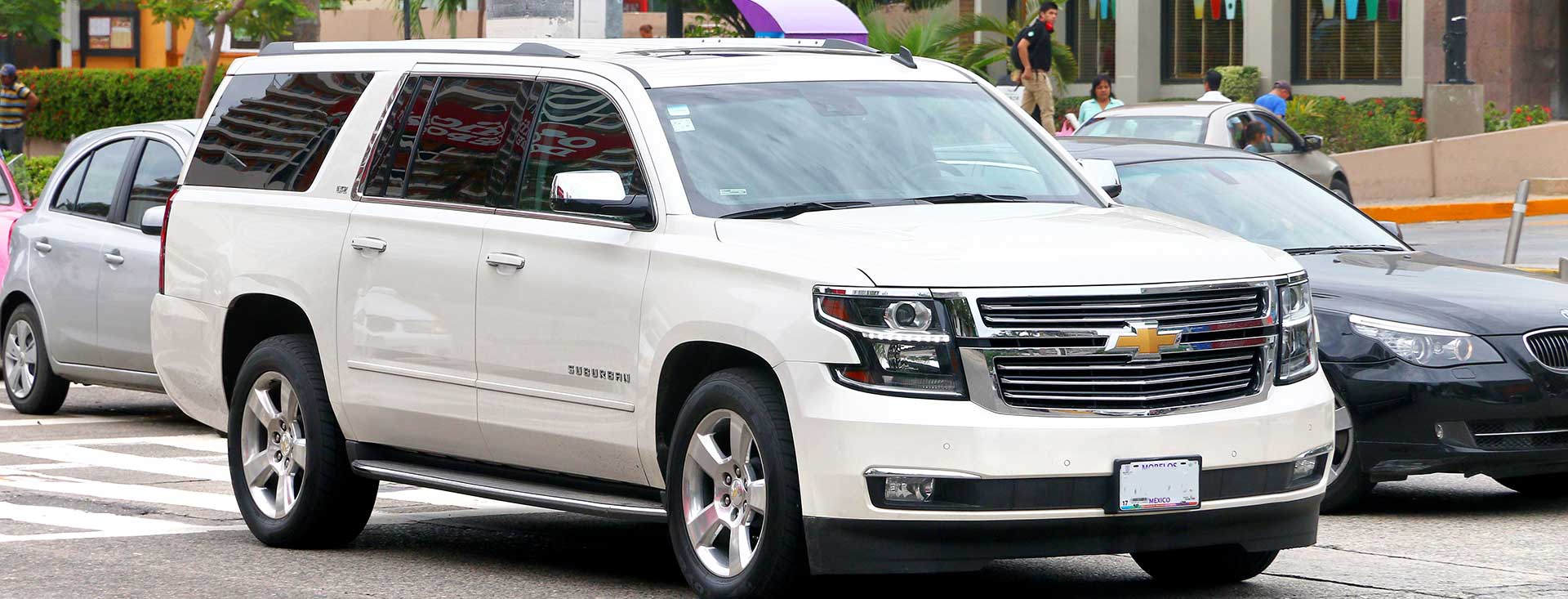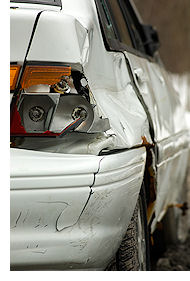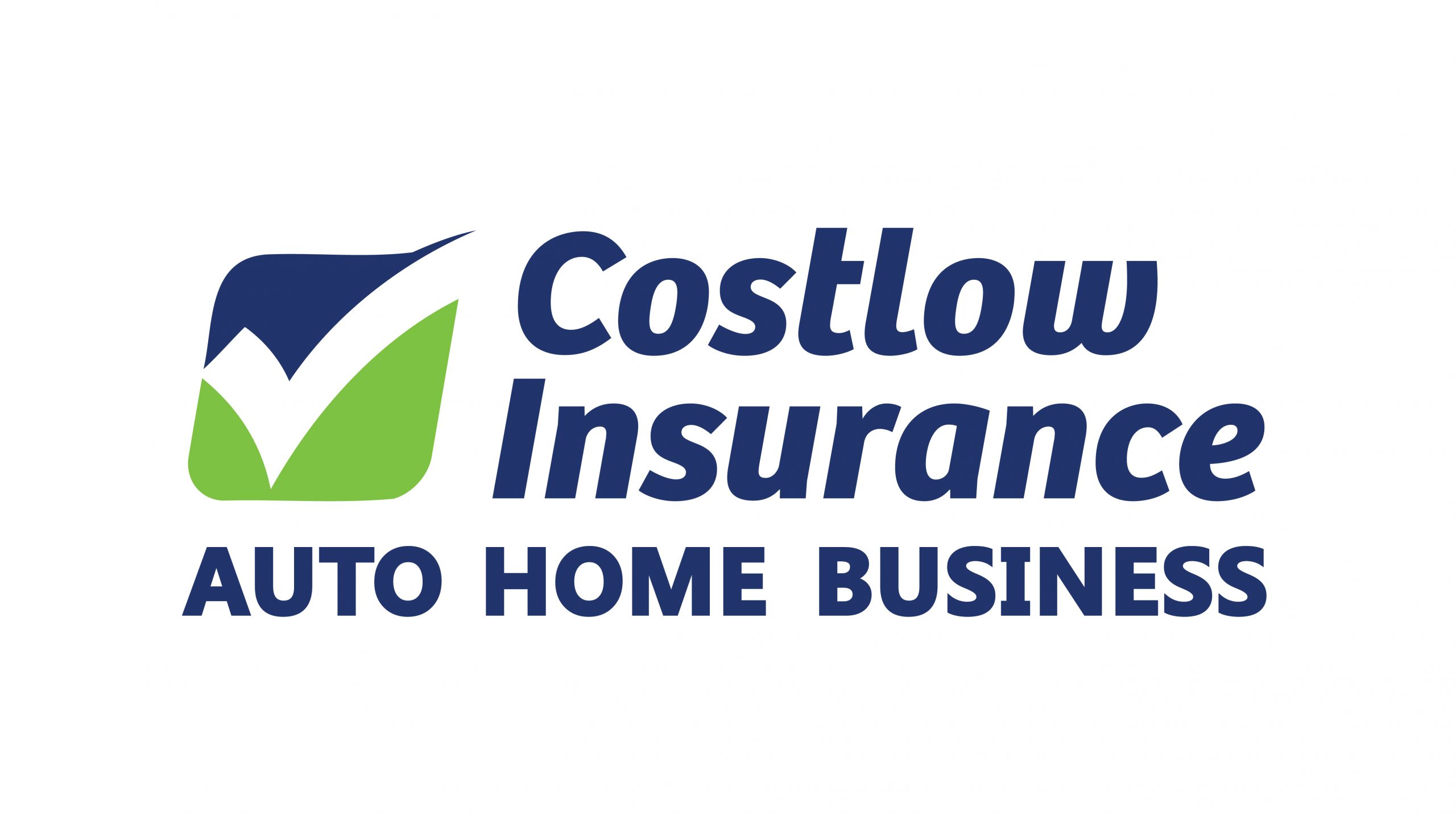
Auto Insurance
Auto Insurance Information
Auto insurance can be hard to understand. The Auto Insurance Specialists at Costlow Insurance makes it easy to understand. Serving people across Dallas/FTW Metroplex, our team specializes in demystifying the various parts of an auto insurance policy.
Acquiring insurance for such an important purchase shouldn’t be taken lightly. If you have a loss that affects your auto, you certainly want the peace of mind that comes with the knowledge that you’ve purchased the best car insurance coverage with the best coverage values through an agent you can trust. Let us help you make the right choices.
What Your Auto Insurance Agent Needs to Know
Your agent will ask you the make and model of your cars, roughly how many miles you drive each year, and what kind of liability coverage you will need.
The agent will also want to know how many people drive the cars, how old the drivers are, where you live, each driver’s date of birth, drivers license numbers, and the driving records of each household member.
The agent will then ask more detailed questions about your cars, such as their Vehicle Identification Numbers (VIN), whether they have passive restraint systems or air bags, anti-lock brakes or anti-theft devices.
Opportunities For Discounts
If you already have another insurance policy with the company for home or life insurance, you might receive a discount on your auto policy. You should also mention if you or other drivers in your household have completed safe-driving courses and if student drivers in your home are getting good grades—both of these may qualify you for discounts on your auto policy.
Receiving a Quote
Once the agent has assembled all of the information, he or she will quote you a premium. The premium will depend on all the factors above, your credit score, and on the deductibles you choose.
What is Auto Insurance?
 Auto insurance protects you against financial loss if you have an accident. It is a contract between you and the insurance company. You agree to pay the premium and the insurance company agrees to pay your losses as defined in your policy.
Auto insurance protects you against financial loss if you have an accident. It is a contract between you and the insurance company. You agree to pay the premium and the insurance company agrees to pay your losses as defined in your policy.
Property, Liability, and Medical Coverage
- Property coverage pays for damage to or theft of your car.
- Liability coverage pays for your legal responsibility to others for bodily injury or property damage.
- Medical coverage pays for the cost of treating injuries, rehabilitation and sometimes lost wages and funeral expenses.
What Is Covered By A Basic Auto Insurance Policy?
An auto insurance policy consists of six different kinds of coverage. Most states require you to buy some, but not all, of these coverages. If you’re financing a car, your lender may also have requirements.
Most car insurance policies are for six months to a year. Your insurance company should notify you by mail when it’s time to renew the policy and to pay your premium.
What is Covered By a Basic Auto Insurance Policy?
Your auto policy may include six coverages. Each coverage is priced separately.
1. Bodily Injury Liability Insurance
This coverage applies to injuries that you, the designated driver or policyholder, cause to someone else. You and family members listed on the policy are also covered when driving someone else’s car with their permission.
It is very important to have enough liability insurance, because if you are involved in a serious accident, you may be sued for a large sum of money. You may want to consider buying more than the state-required minimum to protect assets such as your home and savings.
2. Medical Payments or Personal Injury Protection (PIP)
This coverage pays for the treatment of injuries to the driver and passengers of the policyholder’s car. At its broadest, PIP can cover medical payments, lost wages, and the cost of replacing services normally performed by someone injured in an auto accident. It may also cover funeral costs.
 3. Property Damage Liability Insurance
3. Property Damage Liability Insurance
This coverage pays for damage you (or someone driving the car with your permission) may cause to someone else’s property. Usually, this means damage to someone else’s car, but it also includes damage to lamp posts, telephone poles, fences, buildings or other structures your car hit.
4. Collision Insurance
This coverage pays for damage to your car resulting from a collision with another car object, or as a result of flipping over. It also covers damage caused by potholes. Collision coverage is generally sold with a deductible of $250 to $1,000—the higher your deductible, the lower your premium. Even if you are at fault for the accident, your collision coverage will reimburse you for the costs of repairing your car, minus the deductible. If you’re not at fault, your insurance company may try to recover the amount they paid you from the other driver’s insurance company. If they are successful, you’ll also be reimbursed for the deductible.
5. Comprehensive Insurance
This coverage reimburses you for loss due to theft or damage caused by something other than a collision with another car or object, such as fire, falling objects, missiles, explosion, earthquake, windstorm, hail, flood, vandalism, riot, or contact with animals such as birds or deer.
Comprehensive insurance is usually sold with a $100 to $300 deductible, though you may want to opt for a higher deductible as a way of lowering your premium.
Comprehensive insurance will also reimburse you if your windshield is cracked or shattered. Some companies offer glass coverage with or without a deductible.
6. Uninsured and Underinsured Motorist Coverage
This coverage will reimburse you, a member of your family, or a designated driver if one of you is hit by an uninsured or hit-and-run driver.
Underinsured motorist coverage comes into play when an at-fault driver has insufficient insurance to pay for your total loss. This coverage will also protect you if you are hit as a pedestrian.


